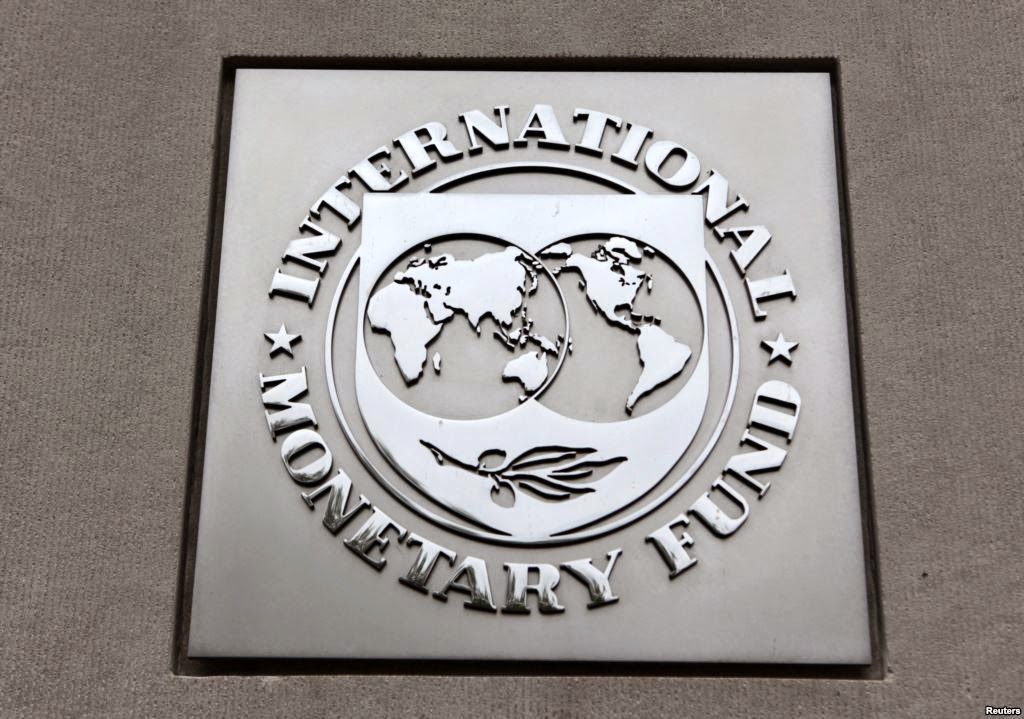by Vasilis Giavris - Lawyer & Political Scientist
Social policy is increasingly being driven by global economic forces and international organizations. As a result, more and more individuals all over the world are being affected by state policies adopted in consultation with, or, imposed by, global and regional actors such as the International Monetary Fund (IMF), the World Bank and the EU. The effect of these transnational organizations on the social policy decision making arena is not limited to the developing world where the lack of financial and administrative ability is detrimental to a state's ability to adopt and implement an independent social policy agenda. On the contrary, it affects developing and developed states alike especially in circumstances where a state may find itself in economic disarray and in need of urgent financial assistance from international financial actors such as the World Bank and the IMF.
The sovereign debt crisis currently engulfing Greece resulted in Greece obtaining a bailout from the IMF and the Eurozone member states. In both circumstances the loans were not unconditional. Greece is required to adopt structural adjustment policies that significantly affect Greece’s ability to adopt and implement independent social policy reforms.
Arguably, the best way to deal with poverty eradication and an increase in living standards is to combine “a commitment to economic development with the introduction of social policies that specifically and directly address the poverty problem”. In terms of social policy reform the main ingredients of the IMF/Eurozone recipe include the implementation of harsh Greek austerity measures including the deregulation of industry, privatization, drastic cutbacks to wages and existing pension schemes and dramatic changes in employment laws.
The attempt to meet the fiscal targets imposed by the IMF and the Eurozone member states in Greece has and will continue to significantly affect the provision of social services including health care and pension services. Unfortunately, social policy decisions have been dictated by the IMF and the Eurozone member states without particular regard to the specific socio-economic realities that apply to Greece. The IMF and the Eurozone member states continue to put enormous pressure on pensions and pension and wage-related costs. They continue to impose tight constraints on government expenditures which have extremely affected the ability of the Greek government to implement social protection systems to the elderly, the unemployed and the poor.
The IMF’s core duty is to assist states that are in financial need. It does so by negotiating with states in order to reach a mutually agreeable solution to existing problems. However, the IMF and the Eurozone member states did more then just negotiate. In Greece they have imposed economic and social policy decisions on a state that is reliant on the receipt of IMF and Eurozone member states funds to survive.
Transnational actors such as the IMF are increasingly seeking to impose social policy decisions on democratically elected national governments. In the process, they inadvertently challenge state sovereignty and the democratic principle of self determination. In doing so, the role of states is being diminished to that of providing an enabling environment for private provision of services and investments.
The Greek government has a moral duty to renegotiate the “Loan Agreements” and demand the implementation of appropriate provisions and equitable economic reforms that will stimulate the economy, increase investment and consumer confidence, provide for a fair tax policy that will achieve an equitable distribution of tax burdens and tax benefits and most importantly adopt reforms that will help reduce poverty and inequality and enable the state to provide for its citizens most in need.
In a period of crisis, demanding the adoption of certain harsh economic policies and reforms in exchange for the provision of loan funds (especially when such crisis has predominantly been caused by state corruption, systemic failure, greed and incompetence) is not immoral if such reforms are rewarded by delivering a better future and improving people's lives. But, as the implementation of the “Mnimonio” has demonstrated during the past thirteen months, a better future remains an elusive goal for most Greek citizens.
